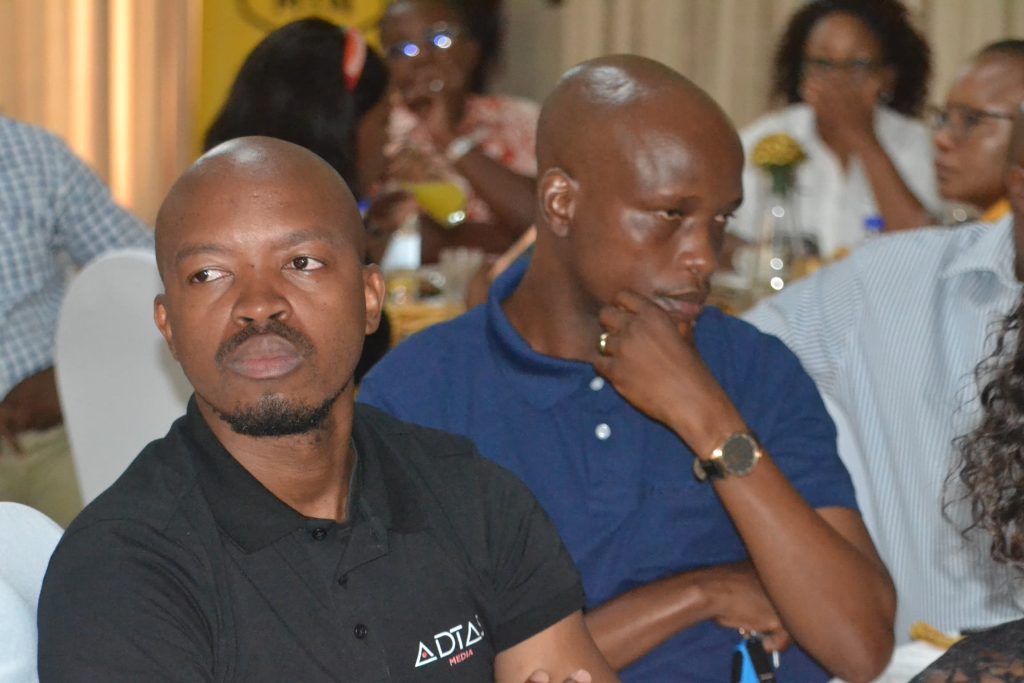
Businesses in Eswatini have been warned against the unethical practice of undercutting tenders, a tactic where companies submit unrealistically low bids to win contracts, only to demand price adjustments after being awarded.
The Eswatini Public Procurement Regulatory Agency (ESPPRA) CEO, Vusi Matsebula, raised this concern during the MTN Business Connect Session 2025, held at The George Hotel in Manzini today, stating that this misconduct is damaging Eswatini’s procurement system and business reputation.
“This has been going on for a while, and it’s a serious issue,” Matsebula stated. “Not only does it mislead evaluators, but it also distorts fair competition and compromises service delivery.”
Matsebula emphasized that this practice damages supplier credibility, as companies that secure tenders through undercutting often fail to meet contractual obligations due to budget shortfalls. This results in delays, substandard work, and, in extreme cases, contract terminations.
“In the end, everyone suffers—the supplier struggles financially, the project gets delayed, and the overall trust in the procurement system is weakened,” he warned.
This issue is particularly problematic in sectors where quality, reliability, and timeliness are essential. A supplier unable to deliver as per contract specifications often resorts to shortcuts, inferior materials, or incomplete projects, leading to financial losses for both the supplier and the contracting entity.
Beyond pricing tactics, Matsebula also touched on the issue of compliance, another major stumbling block for many suppliers. He noted that many businesses disqualify themselves from tenders by failing to meet basic regulatory and documentation requirements.
“Many companies focus on pricing but ignore compliance. A low bid means nothing if your paperwork is incomplete or your company is not compliant with procurement regulations,” he said.
He further explained that in tendering, compliance is not only limited to what relates to tenders but issues such as tax, compliance with the Eswatini National Provident Fund (ENPF), and others do count.
Matsebula urged suppliers to prioritize ethical bidding, full compliance, and financial sustainability, rather than engaging in manipulative tendering tactics that harm both the market and their long-term business prospects.

He also pointed out the importance of qualification in tendering, urging businesses to assess their capabilities honestly before bidding for contracts. “You also need to be realistic when bidding for a tender,” he said. Some suppliers bid for tenders they are convinced they will never win.”
He emphasized that suppliers should take the time to evaluate their own capacities—including manpower, resources, and expertise—before entering a tender process.
“Evaluating your qualifications before bidding is key. If you cannot deliver, don’t waste your time and the client’s time by bidding for a contract you are not equipped for,” he said.
